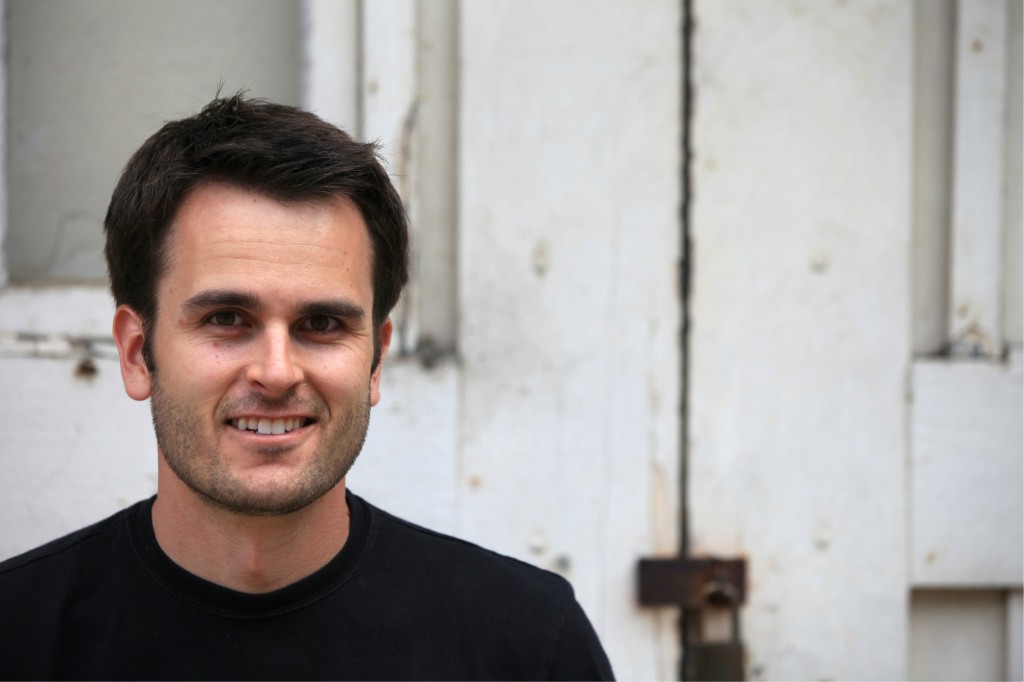How is education valued? Outside of a piece of paper qualifying you as a graduate, what is the value of your ongoing education?
Gandhi famously said, “Live as if you were to die tomorrow. Learn as if you were to live forever.” Although we’re constantly learning, the importance placed on education is focused mostly around obtaining an accredited degree. In our recent interview, David Blake said, “You never stop learning, but the day you graduate is the day your learning stops mattering, which is just a shame.”
Degreed co-founder and CEO David Blake describes himself as an entrepreneur out of necessity. His passion for education has led him into the world of entrepreneurship, where he now concentrates on Degreed, which he describes as “the place that allows you to capture everything you’re learning.” As LinkedIn is the de facto place to go to view someone’s work history, Degreed is the place to enter and view others’ education – including college courses, books read, conferences attended and more.
Even though employers and your parents may not value those college credits that didn’t go towards a degree, Degreed has a system of calculating the value of those courses, which are then displayed on your education profile through the site. Now you can no longer say that the Ceramics 101 and Strategy of StarCraft classes you took were good for nothing! Before Degreed, placing value on an unfinished college degree and conferences you attended in the past was difficult if not impossible. Point values are given based on many factors and criteria. Instead of having a piece of paper to verify your education, you can have a profile that gives greater detail on what you are actively learning and what you have learned in the past.
A defining moment in David Blake’s life, as in many of our lives, was taking the college prep exam – the ACT. This was not a defining moment because it would land him with a major school, but because of the significance placed on one test. “It blew my mind that 50% of the equation to what college I might end up at would be determined by this one Saturday morning.” David decided to do something about it. He joined the founding team at Zinch, which helped high school students get exposed to universities. He then went on to help launch an accredited university, NEW.edu. Now working on Degreed, David is helping people capture their education and showcase it through profiles online.
The Future of Education
“More and more of us will learn more and more things for less and less money as we march into the future.”
Blake stated that the average college graduate is $26,000 in debt. This heavy debt load and the rising cost of education is pricing out many potential students. With the creation of massive open online courses (MOOC), millions of people have taken high quality online courses from institutions including UC Berkeley, MIT, Duke, Harvard, Yale, UCLA, and many more. Will universities start to disappear?
To describe the shift that is taking place within education, Blake said that many are using an analogy of what a community orchestra used to mean to a city. If people wanted to listen to classical music before music was recorded, they had to go to a live concert in a theatre. Because of the rising popularity in music, most cities had an orchestra. The invention of the record player and then further improvements made it possible for anyone to press play and listen to music at any given instant. This shift in music forced many orchestras to go out of business and only the best were left. As David Blake said best, “With access to college education through the best institutions online through very low cost, it eliminates the need for me to go to a very average institution in my backyard.”
Education is undergoing a major shift that is taking the power out of the hands of the average university and putting it in the hands of the student. Where are the employers in all of this mess? David believes that the development of MOOC’s will allow for employers to benefit by guiding the education of their future employees. “It used to be, we went to college to get a good job – in the future, we will go to the employers ourselves to get ready for a career in those fields.”
However education continues to develop, it is clear that the consumers will be the benefactors.
Listen to the full interview with Degreed CEO David Blake below!
Interview Highlights
– The main reason for the drastic shift happening in education.
– How an aspiring young entrepreneur can prepare themselves with the right education.
– “In the world of entrepreneurship, the greatest qualification for doing it is being willing to try.”
– “Don’t let your brain justify that you’ll do it tomorrow.”
Quick Fire Questions
If you couldn’t be an entrepreneur, what would you do for a living? Chef.
What do you do to relax? I’ve got two young kids and love spending time with them to unwind.
What is your favorite alcoholic drink? Leave it to me to ask a BYU graduate a question about alcohol. David does not drink.
Who is your favorite musician? Daft Punk
What was your biggest mistake as an entrepreneur? One of the biggest mistakes is letting mistakes get (me) down. You have to spring back quick.
If you could have any entrepreneur in the world join your team at Degreed, who would you choose? Well-known: Mark Zuckerberg. Lesser-known: Jon Bischke
Listen to the full interview here:
[powerpress]





